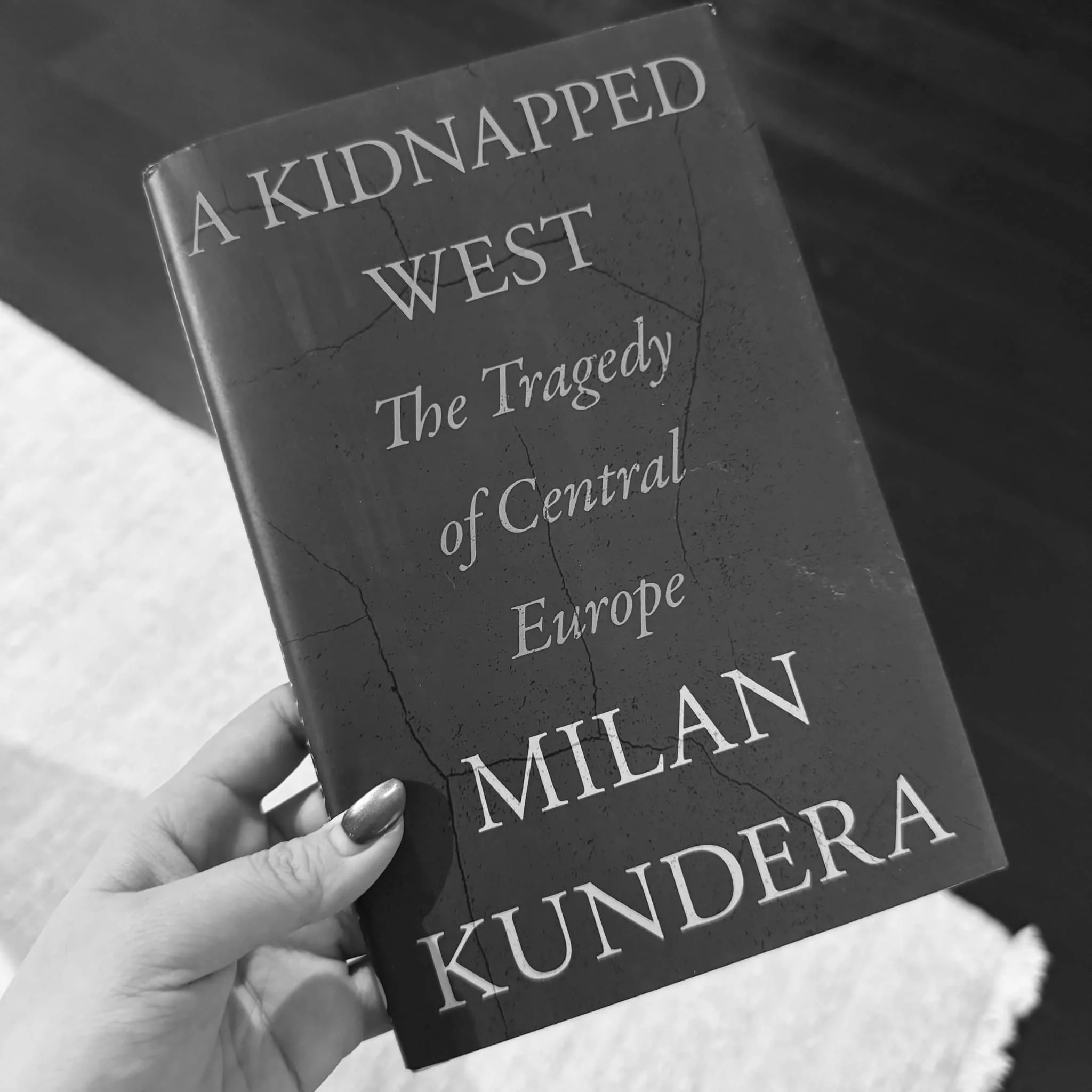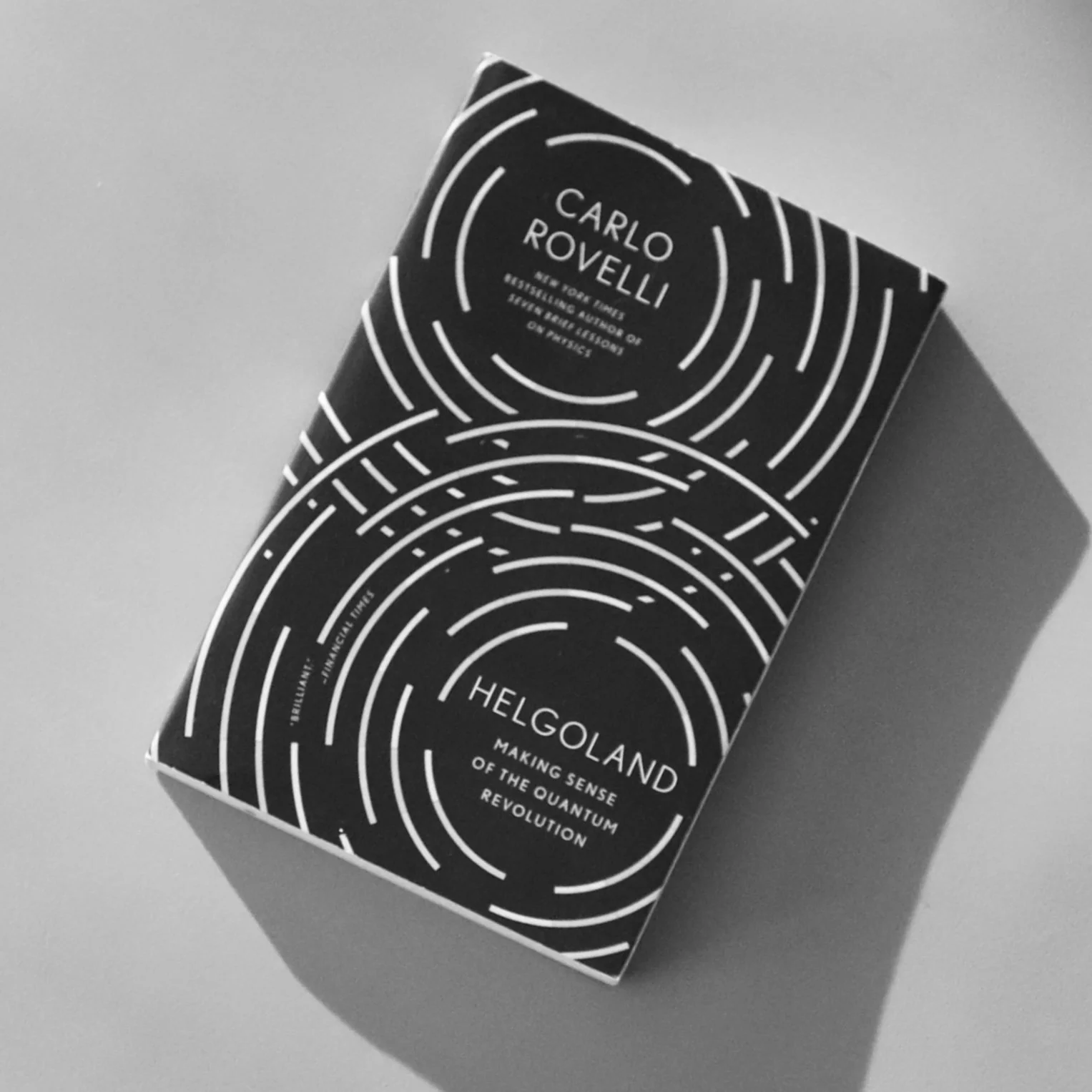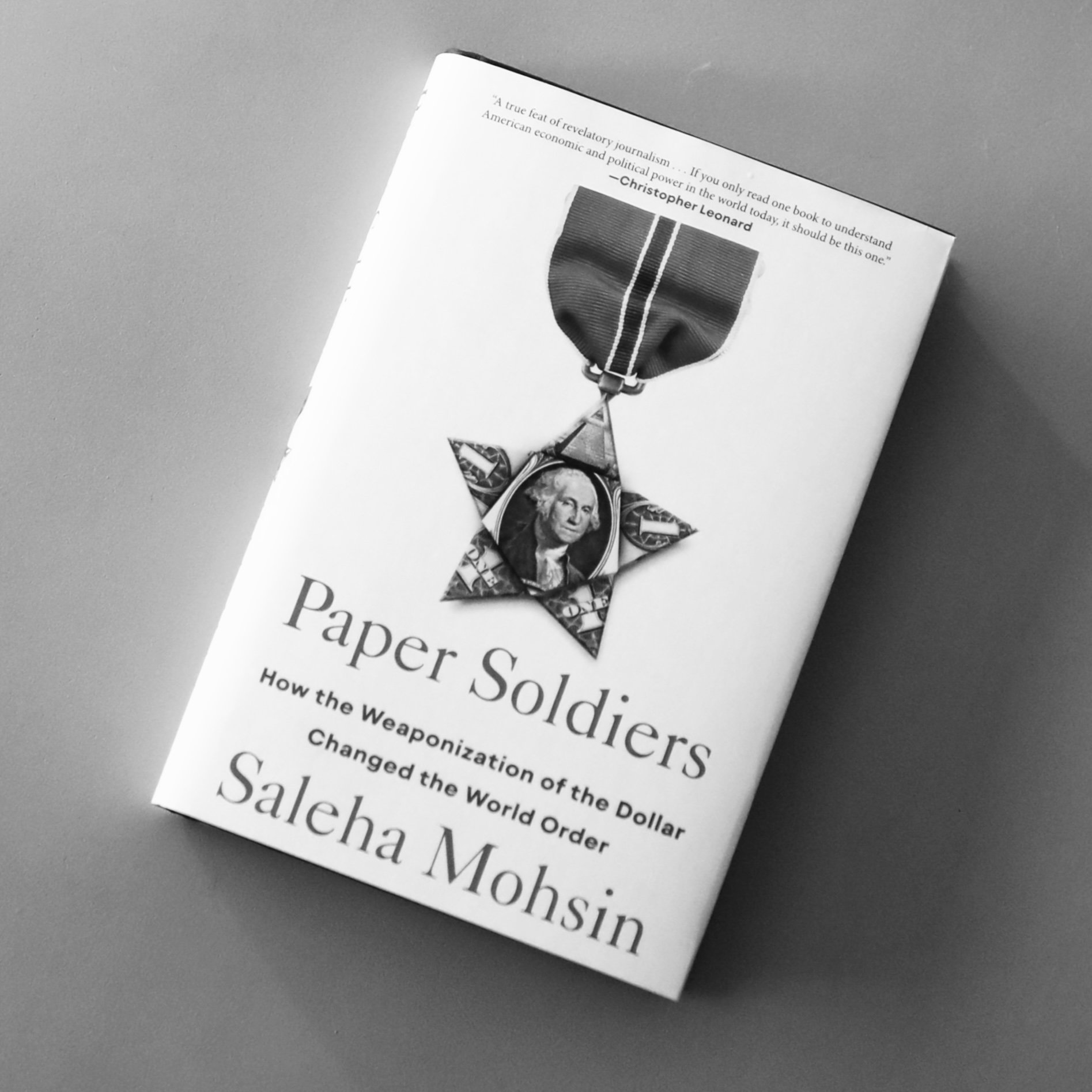A Kidnapped West: The Tragedy of Central Europe by Milan Kundera
Imagine being kidnapped, only for the captors to call your parents demanding ramson, and their response is a hesitant, “Hmm, he sure is a sweet kid, but…are we sure he’s ours?” and they hang up.
That, in essence, is the tragedy of Central Europe— a forgotten identity, caught in the crossfire of indifference.
And in reality, it is the tragedy of Europe as a whole.
Geographic Europe, from the Atlantic to the Ural Mountains, has always been a land of two distinct worlds. One traced its lineage to ancient Rome and the Catholic Church, its languages shaped by the Latin alphabet. The other drew its roots from Byzantium and the Orthodox Church, adopting Cyrillic script for its tongues. But after 1945, the fragile balance shifted. The dividing line moved several hundred kilometers westward, leaving several nations that had long identified themselves as Western to wake up and find, to their dismay, that they now belonged to the East.
As a result, Europe fractured into three distinct realities: that of Western Europe, that of Eastern Europe, and that of the tangled paradox of Central Europe— geographically in the center, culturally tied to the West, yet politically trapped in the East. It is in this central space, caught between worlds, that Europe’s greatest dramas have played out here: the heroic Hungarian revolt of 1956 and its bloody massacre that followed, the hope and heartbreak of Prague Spring and the occupation of Czechoslovakia in 1968, and the waves of Polish revolts in 1956, 1968, and 1970. In dramatic content and historical impact, nowhere else in Europe, East or West, has history been shaped by such a relentless chain of rebellions, each one embraced by nearly the entire population.
For the small nations of Central Europe— Czechia, Hungary, and Poland—their allegiance to the Western tradition, rooted in Roman Christianity, spans millennia. They have stood as integral contributors to every epoch of its historical continuum. To them, “Europe” signifies far more than a geographic designation; it is an ethereal construct, a notion synonymous with the West. The moment these small nations cease to be European—that is, Western—they are severed from their destiny, estranged from their history, and stripped of their very identity.
History cannot relegate the upheavals of Prague or Warsaw to mere episodes of Eastern Europe, the Soviet Bloc, or communism. At the core, these are tragedies of the West— a West abducted, dislocated, and indoctrinated, yet resolute in safeguarding its identity. The identity of a people, the cornerstone of a civilization, resides in the intellectual and artistic expressions of the mind—in what we revere as “culture”.
A kidnapped West: The Tragedy of Central Europe by Milan Kundera is a meditation on not only the cultural and historical identity of Central Europe, in the context of its political subjugation by Soviet during the 20th century, but also how this is the tragedy of the entire Europe. At a time when the West no longer saw Central Europe as anything more than a part of the Eastern Bloc, Kundera vehemently reminded the West that Central Europe, these small nations, by its culture, belonged entirely to the West, that, in the case of those small nations uneasy about their historical and political existence, culture had always been and still remained the sanctuary of their identity, and the reason behind why the Western Europe has forgotten about Central Europe reflected deeper issues the West is undergoing.
What exactly is a small nation? Kundera asks, and he defines it thus: A small nation is one whose very existence perpetually teeters on the brink of erasure; it lives with the harrowing knowledge that its survival is neither assured nor guaranteed. Unlike the French, the Russians, the Chinese, or the English peoples who take the existence of their nations as granted and their national anthems extolling grandeur and eternity—a small nation does not have the luxury of such complacency. The Polish anthem, tellingly, begins not with triumph but with defiance: “Poland has not yet perished…”
Central Europe, a mosaic of such vulnerable small nations, has cultivated a worldview shaped by profound skepticism toward History. History, that deity of Hegel and Marx, that supposed embodiment of reason and arbiter of fate, is not a benevolent force but the narrative of conquerors. These small nations are not conquerors; they stand apart, unable to sever themselves from Europe’s grand historical arc yet forever relegated to its shadow. And yet, it’s this disabused view of history that is the source of their culture, of their wisdom, of their attitude that has a mocking disdain for the hollow pomp of glory.
Kundera further highlights how the disastrous historical events Central Europe have gone through give rise to unique cultural value that larger European nations simply can’t emulate. For large European nations with what is termed a classical tradition, the European framework in which they evolved goes unremarked. For Czechs and these small nations, nothing has ever constituted an indisputable possession – neither their language nor their belonging to Europe.
The peregrinations of the Czech people through the trials of democracy, the oppressive yoke of fascism, the grip of Stalinism, and the complexities of socialism have reproduced all the major elements of twentieth-century history. These experiences have endowed the Czechs with the capacity to pose more incisive questions and to forge myths imbued with a depth of meaning inaccessible to those who have not endured such a journey. Throughout this century, their people have borne greater ordeals than many, and though their genius may have remained dormant, it now likely holds unparalleled wisdom. That greater experience could evolve into a liberating breakthrough of the old frontiers, a surpassing of the current limits of man's knowledge and of his destiny, and thereby give Czech culture a meaning, a greatness, and a maturity.
Despite its political weakness, Central Europe was a great cultural center. The school of Schönberg founded the twelve-tone system, then the Hungarian Béla Bartók, one of the greatest musicians of the twentieth century, knew how to discover the last original possibility in music based on the tonal principle. With the work of Kafka and Hasek, Prague created the great counterpart in the novel to the work of the Viennese Musil and Broch. The cultural dynamism of the non-German-speaking countries was even further intensified after 1918, when Prague offered the world the innovations of structuralism and the Prague Linguistic Circle." And in Poland the great trinity of Witold Gombrowicz, Bruno Schulz, and Stanistaw Witkiewicz anticipated the European modernism of the 1950s, notably the so-called theater of the absurd.
So whose fault is it that the West remains oblivious to the silent vanishing of Central Europe?
How could such a profound absence escape notice, unspoken and unnamed? Is the mere imposition of Russian communism—its political subjugation—enough to unravel the very fabric of European identity?
To answer this question, we will need to know what does Europe mean?
I’ve read my share of history books on specific nations, and the question “What is a nation?” has challenged scholars for the past few centuries: Whether nations are ancient or modern phenomena; whether nations are organic existence as ethnic, cultural, and geographical entity; whether nations are the fabrication of politics and ideologies; or indeed various mixtures of all of these. Well at least these nations share their country flags. Europe, however, has more layers of complexity.
What is European unity based on? In the Middle Ages, it was anchored in a shared religion. In the modern epoch, as the medieval God transmuted into a Deus absoconditus, religion receded, making space for culture— an embodiment of the paramount values by which European humanity defined, distinguished, and recognized itself as European. Yet, it appears we are on the cusp of yet another seismic shift—one as momentous as the shift from medieval to the modern era. Just as religion once yielded to culture, culture itself now seems to be giving way, not necessarily a bad thing, but to what? Or to whom does it yield? What transcendent realm of values will hold the power to unify Europe? Will it be technological triumphs, the commodified marketplace, or the omnipotent mass media? Will the great poets give way to the exalted journalist? Will the great painters give way to tiktok? Or will politics assert itself—yet which politics shall prevail? What will being European mean?....High unemployment rate?....Just kidding don’t shoot me.
Ah now the answer is rather straightforward: Europe hasn’t noticed the disappearance of Central Europe, nor registered its importance, because, frankly, Europe no longer perceives its unity as a cultural unity. Not surprising at all, given that the West, too, seems to no longer understands itself, either, in its own cultural role. In the Middle Ages, Europe's unity was grounded in Christianity; in modern times, it was the Enlightenment that provided the glue. But now? Well, now we're all bound together by a heady mix of entertainment culture, driven by markets and the relentless march of information technology—hardly exclusive to Europe, mind you. When we speak of Europe, we reminisce: "Ah, in the past, there were these towering figures—great writers, musicians, philosophers, painters, poets, historians." Yes, in the past…
Per Kundera, after World War II, in the eyes of its beloved Europe, Central Europe is just a part of the Soviet empire and nothing more. By virtue of its political system, Central Europe is the East; by virtue of its cultural history, it is the West. But since Europe itself is in the process of losing its own cultural identity, it perceives in Central Europe nothing but a political regime; put another way, it sees in Central Europe only Eastern Europe. Central Europe, therefore, should fight not only against its big oppressive neighbor but also against the subtle, relentless pressure of time, which is leaving the era of culture in its wake. That's why in Central European revolts there is something conservative, nearly anachronistic: they are desperately trying to restore the past, the past of culture, the past of the modern era. It is only in that period, only in a world that maintains a cultural dimension, that Central Europe can still defend its identity, still be seen for what it is.
The real tragedy for Central Europe, then, is not Russia but Europe.
The real tragedy for Europe, is not losing Central Europe, but losing its cultural identity.
Overall, this is a great work, despite its brevity. It really helps put into perspective what Central Europe is going through during the Cold War period. If you are a Milan Kundera fan, this is a must read.



